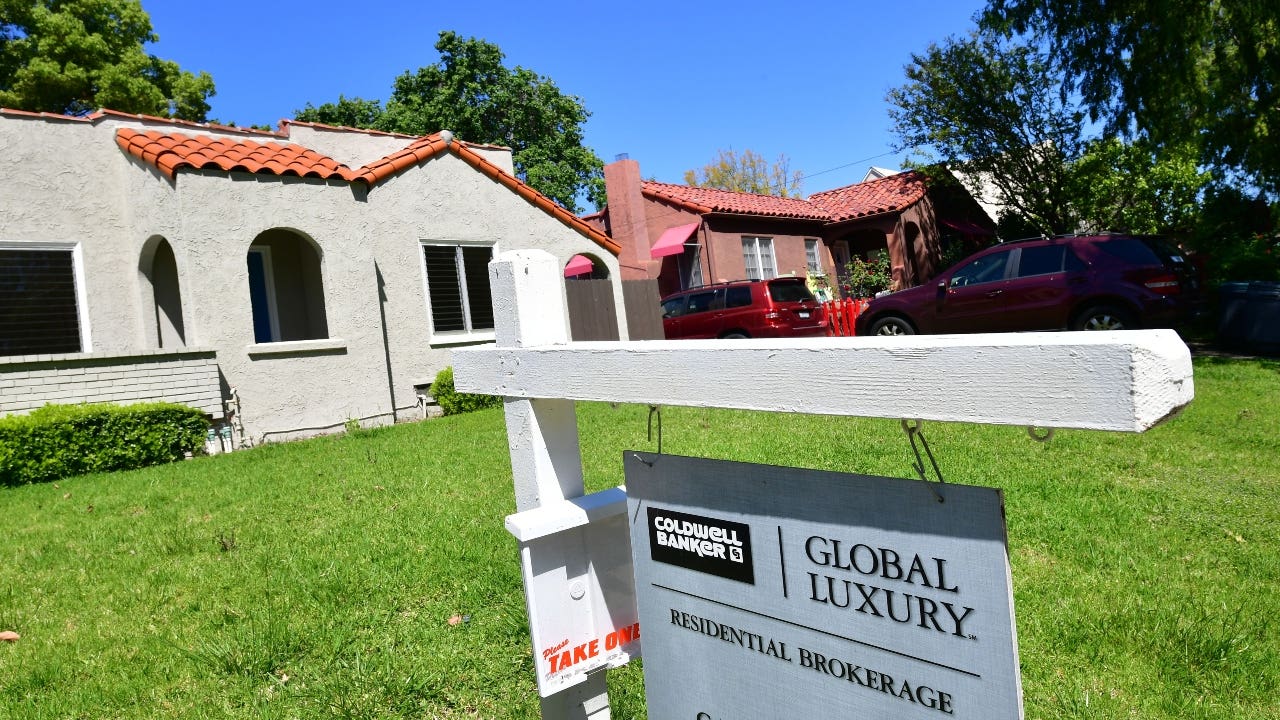Survey: More than a third of Americans have delayed financial milestones because of pandemic

More than a third of Americans are putting off at least one major life event because of the coronavirus pandemic, according to a new Bankrate survey. Fully 36 percent of respondents say they’ve delayed getting married, having a child, buying a home, retiring or another major step.
With the U.S. economy falling into recession this spring, unemployment spiked and economic activity declined. Official statistics capture those symptoms of a struggling economy, but individual decisions to postpone financial milestones represent an invisible drag on prosperity. In one potential obstacle to a recovery, nearly two-thirds of respondents to our survey who have postponed their home shopping say the delay will last for six months or longer.
“A kind of unseen toll of the downturn is the paused pursuit of dreams — including retirement, marriage and major purchases such as homes and vehicles,” says Mark Hamrick, Bankrate senior economic analyst. “Beyond the personal toll on individuals, these delays serve to further restrain employment and the broader economy.”
Key takeaways
- 36 percent of Americans have put off a financial milestone.
- Nearly two-thirds of homebuyers who postponed home purchases expect delays of six months or longer.
- Many who postponed car purchases anticipate delays of six months or longer.
- Less than a third of respondents say they’re doing worse financially during the pandemic.
36 percent of Americans have put off a financial milestone
As the coronavirus pandemic clouded a once-sunny economic forecast, many Americans decided to hunker down. Fully 36 percent of respondents to Bankrate’s survey have put off at least one financial milestone.
Taking a job was the most-cited decision subject to delay. With the U.S. unemployment rate shooting into the double digits, nearly 12 percent of respondents said they’ve delayed job hunting.
Car shopping is another delayed milestone. As fewer people commute or take summer road trips, more than 11 percent of respondents say they delayed buying or leasing a car.
Nearly 9 percent of respondents said they delayed buying homes. Fewer than 5 percent of respondents said the pandemic has caused them to postpone having children, getting married or retiring.
Nearly two-thirds of homebuyers who postponed home purchases expect delays of six months or longer
Similarly, respondents who have postponed homebuying predict long delays. About 10 percent say they’ll wait six months to a year, 31 percent say they’ll delay for a year or more and 20 percent say their plans are on hold indefinitely.
By age groups, homebuying delays are expected by 14 percent of millennials (ages 24-39), 13 percent of Generation X (ages 40-55) and just 7 percent of Generation Z (ages 18-23) — with the caveat that not many 18- to 23-year-olds are shopping for homes no matter what the broader economy is doing.
Those who postponed car purchases anticipate long delays
Among respondents who said they’re delaying auto shopping, the postponements could prove lengthy. Most expect to delay a deal for six months or longer, or indefinitely.
By age groups, car-buying delays are expected by 15 percent of millennials, 13 percent of Generation X and 10 percent of Generation Z.
Less than a third of respondents say they’re doing worse financially during the pandemic
Asked about their financial situations since March, 29 percent of respondents said it had gotten worse, 52 percent said it was the same and 13 percent said things were better.
Among those reporting they’re doing worse financially were 34 percent of Generation Z, 31 percent of Generation X and 23 percent of the Silent Generation (ages 75 and older).
Low earners appear to have been hit harder, with 31 percent of those making less than $40,000 a year say they’re doing worse. The racial gap wasn’t notable. Among those saying they were doing worse financially were 30 percent of African-Americans, 31 percent of Hispanics, and 27 percent of Whites.
How to navigate your finances in uncertain times
With unemployment still high and COVID-19 infections spreading, the U.S. economy is in an uncertain place. Here’s what you can do:
- Make a plan: Now’s the time to get your financial life in shape. You’re at a higher risk of losing your job during a downturn. Take a hard look at your budget and your financial prospects.
- Build a rainy-day fund: You’ll sleep better once you’ve amassed an emergency fund with about six months of your expenses. Stash the cash in a liquid and accessible vehicle, such as a high-yield savings account. Shop around for the best rate, and for an account that fits your needs.
- Consider refinancing debt: With mortgage rates at record lows, you could shave hundreds of dollars from your monthly payment with a refinance. If you’re carrying high-cost credit card debt, check if a balance transfer card is right for you.
Methodology
Bankrate commissioned YouGov Plc to conduct the survey. Total sample size was 2,451 adults. YouGov collected responses June 25-29, 2020. The survey was conducted online. The figures have been weighted and are representative of all U.S. adults.
Featured image by Frederic J. Brown/Getty Images.
Why we ask for feedback Your feedback helps us improve our content and services. It takes less than a minute to complete.
Your responses are anonymous and will only be used for improving our website.





